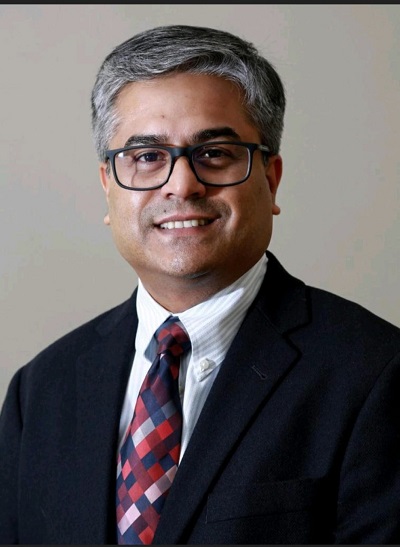Union Budget 2023 expectations – Medica Superspecialty Hospital

“As the government is considering several measures for the overall recovery of the economy, especially in view of India’s G20 Presidency, it’s time that this year’s Union Budget focuses on creating holistic healthcare models, extending use of technology across all levels and to Tier II & III cities along with access to easy capital for building and expanding healthcare infrastructure.”
As a healthcare service provider of the largest healthcare group in Eastern India, I would like to place forth the following recommendations:
- Increase public health spending to 2.5-3.5 percent
- Reduction in customs duty in case of imported medical equipment. The government needs to rationalise the duty structure by reducing high Customs duty to 2.5 per cent on medical devices and removing healthcess ad valorem in Union Budget 23-24 to ensure patient affordability and easy access to quality medical devices. High customs duties are adversely impacting the costs of the medical devices and equipment in India which contradicts the government’s efforts to provide low-cost healthcare available to masses through programs like AB-PMJAY. This is particularly concerning since more than 80 per cent of medical devices are imported into India to meet the demand for quality critical care.
- Healthcare organisations must be given access to working capital and preferential funding.
- Extension of tax advantages under Section 35AD from 100 percent to 150 percent. Currently, the benefits of capital expenditure deduction are only available to hospitals with a minimum capacity of 100 beds. There are no incentives to stimulate the establishment of smaller hospitals/nursing homes in rural regions, making it difficult for firms to establish chains of smaller hospitals. There is an urgent need to increase the number of smaller hospitals, particularly in tier 2 and 3 cities and rural regions, to successfully execute the Ayushman Bharat program. As a result, the benefits under Section 35AD should be extended to hospitals with a minimum of 50 beds in tier 2 and 3 cities and a minimum of 25 beds in rural areas. Furthermore, these benefits should be extended to existing hospitals that invest in significant growth.
- Interest subsidy for starting a new health care facility & capital subsidy for capital expenditure should be incorporated in the budget. This will have a rippling effect in ancillary industries working hand in hand with healthcare.
- Increase depreciation rates of life-saving equipment from 40 percent to 60 percent
- To encourage the private sector to engage in workforce skilling activities, the government should consider providing tax incentives for Healthcare Skill Development initiatives such as: extending the provision of a weighted deduction of 150% of expenses incurred on skill development projects under Section 35CCD of the Income Tax Act to healthcare organisations (hospitals and diagnostic centres) for apprentice training. Additionally, the government could also extend the Section 80JJAA deduction to healthcare businesses to allow a 100% deduction on stipends to professionals doing DNB and short-term PG Certificate Courses at private institutions.
- GST with respect to healthcare needs to be looked into thoroughly. Healthcare industry hasn’t yet got all the benefits of GST transition as in other industries. In the case of GST, the recent announcement states that Room rent (other than ICU) has been made taxable @5%, has increased the burden of patients. It is suggested that Healthcare services should be made “Zero Rated” or should be taxed at a concessional rate of 5% with an input tax credit benefit so that the Healthcare industry can claim the benefit of the Input credit of GST, it is currently paying. Such GST which the industry is paying on the inputs is getting added to the cost of providing healthcare services and is ultimately borne by patients, in terms of higher rates.
- The budget must lay down a clear cut mechanism to avail GST input credit.
As we prepare ourselves for the post-pandemic era even though we are seeing covid resurfacing in some parts of the world, stable policy frameworks and incentives to sustain the viability of the healthcare sector via Foreign Direct Investment (FDI), increasing access, creating an eco-system of research & innovation, reinforcing patient safety and adding to the skilled professionals of India is what we all are looking forward to hearing from the Union Finance Minister.